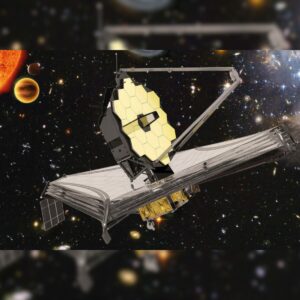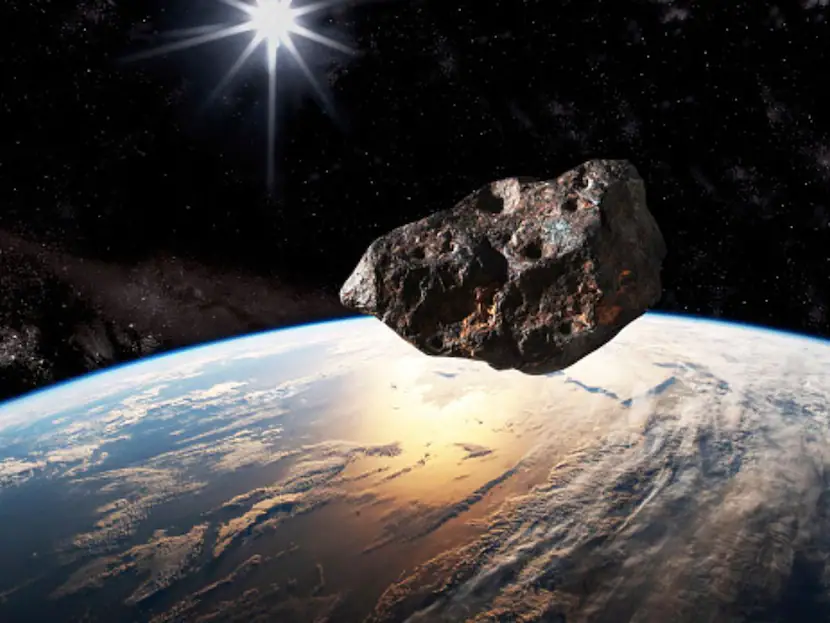
Asteroids as wide as 400 feet will make a close approach to Earth on July 29, 2022. Asteroid, known as CZ31 2016, almost twice the height of Qutub Minar, which is as high as 239 meters.
According to NASA’s Center for Near Earth Object Studies (CNEOS), asteroids will make a close approach to earth at a distance of 0.01870 astronomy units or nearly 28,00,000 kilometers. This is almost seven times the average distance between the earth and the moon, which is 3,85,000 kilometers.
The relative speed of the asteroid with regard to the earth is 15.45 kilometers per hour.
This is categorized as an apollo class asteroid, a term used for an object whose orbit crosses the earth. This is also a near-earth asteroid.
Asteroid Chelyabinsk who entered the Earth’s atmosphere in 2013, destroying windows in six Russian cities, is also an Apollo class asteroid.
Asteroid 2016 CZ31 has an orbital period of around 630 days or 1.72 years. This year, asteroids will look the brightest on July 28. This will make the next closest approach to Earth on July 22, 2041.
Asteroids were found on February 5, 2016, according to The.sky.org. Asteroid 2016 CZ31 is not a near-earth object that is potentially dangerous.
The farthest point of CZ31 2016 from the Sun, or Aphelion, is 320 million kilometers. The closest asteroid point of the sun, or perihelion, is 110 million kilometers.

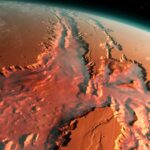
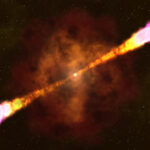
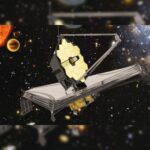
![Scientists are turning dead spiders into robots, the tech is called 'necrobotics' [WATCH]](https://highonwing.com/wp-content/uploads/2022/07/93155021-300x169.webp)
